Research is integral to the UTS Graduate School of Health Physiotherapy team.
Health research is a key strength of UTS’s research strategy. The strategy is underpinned by a significant five-year investment and has a focus on collaborative and interdisciplinary research; innovative technological approaches; commitment to researcher development and strengthening the relationship between research and teaching and learning.
UTS Physiotherapy has a thriving research culture with internationally renowned researchers in physiotherapy practice, clinical collaborations, and research students.
Supervisors
The following supervisors are open to receiving expressions of interest:
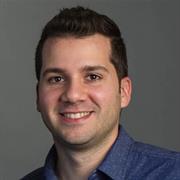
| Bruno Saragiotto | Telehealth for chronic pain conditions, innovation in rehabilitation, and implementation science. |
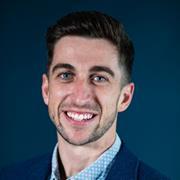
| Joshua Pate | Chronic pain, pain science education, paediatrics, questionnaires, preventative education. |
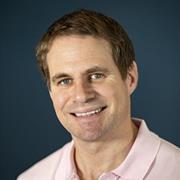
| Peter Stubbs | Stroke, TBI, emerging technologies, meta-research, database research |
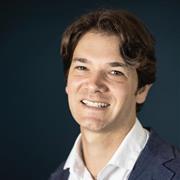
| Anthony Nasser | Buttocks, hip, hamstring, femoroacetabular impingement, tendinopathy |
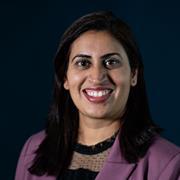
| Poonam Mehta | Pain, physical function, ageing, clinimetric properties, systematic review |

| Elise Robinson | Movement-evoked pain, resilience, function |
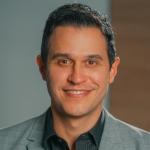
| Rafael Zambelli de Almeida Pinto | Chronic pain, older adults |

| Mark Overton | Knee osteoarthritis, pain, quantitative sensory testing, smartphone ecological momentary assessment, interprofessional rehabilitation, occupational health |

| Lucy Robertson | Proprioception, physiotherapy |

| Jack Reeves | Cardiorespiratory physiotherapy, pulmonary telerehabilitation, COVID-19 |
Current student research projects
Our current research students are working on the following projects:
- Max Hopes: Establishing inclusion criteria for proximal hamstring tendinopathy research
- Laura Stendell: Living with a Spinal Cord Injury in the Community: Are people meeting the recommended clinical guidelines for physical activity?
- Melani Boyce: Balance and Fall in People with Cervical Dystonia
- Moges Gashaw Getnet: Promoting self-management support for people with chronic low back pain
- Tamer Sabet: The Development of a Core Outcome Set (COS) for Neck Pain for Routine Use in Clinical Trials and Clinical Practice
- Rebecca Fechner: Bridging the Gap with Paediatric Chronic Pain in Schools
- Nusrat Hamdani: Promoting Active Aging: Understanding Physical Activity Management in Older Population
- Jennifer Norton: Upskilling and training non-technical skills of community clinicians working with children challenged by chronic pain
- Elizabeth Lush: Promoting a sense of safety during the care of persistent pelvic pain
- Biara Webster: The building blocks of better understanding the pain vs damage relationship to improve pain science education
Prospective student research projects
Please see the complete list of Supervisor research projects. If you are interested in completing an MRes or PhD at UTS, you can reach out to a potential supervisor, and use these links to find out more:
Doctor of Philosophy (C02099)
Master of Physiotherapy (Research) (C03059)
Scholarships
The Graduate School of Health offers a range of competitive scholarships to support outstanding research students who are seeking to undertake a PhD.
Work with us
We welcome expressions of interest from enthusiastic researchers at all career stages.
Email gsh.future@uts.edu.au to make a confidential enquiry.

